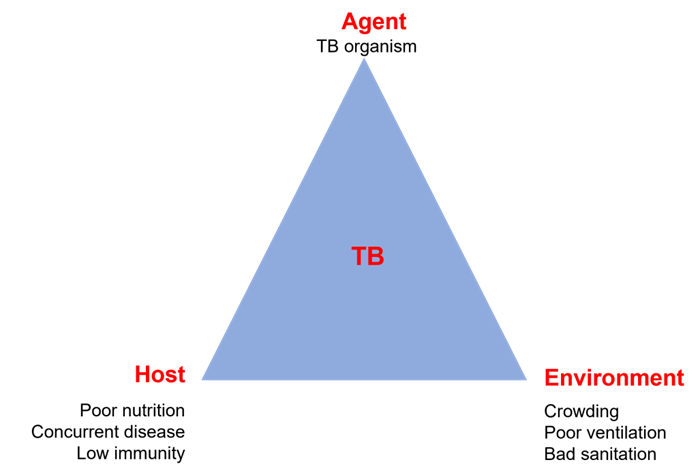A client is receiving rehabilitation for paralysis following a spinal cord injury and is diagnosed with reflex incontinence. Which of the following is the highest priority intervention the nurse should include in the plan of care?
Limit fluid intake to prevent incontinence
Provide regular perineal care to prevent skin breakdown
Administer hypotonic IV fluids
Teach Kegel exercises to strengthen the pelvic floor
The Correct Answer is B
Choice A: Limit fluid intake to prevent incontinence. This is incorrect because limiting fluid intake can lead to dehydration, urinary tract infections, and kidney stones. Fluid intake should be adequate to maintain hydration and flush out bacteria from the urinary tract.
Choice B: Provide regular perineal care to prevent skin breakdown. This is correct because reflex incontinence can cause urine leakage and skin irritation, which can increase the risk of infection and pressure ulcers. Regular perineal care can help keep the skin clean and dry, and prevent complications.
Choice C: Administer hypotonic IV fluids. This is incorrect because hypotonic IV fluids can cause fluid overload, hyponatremia, and cerebral edema. Hypotonic IV fluids are not indicated for clients with reflex incontinence.
Choice D: Teach Kegel exercises to strengthen the pelvic floor. This is incorrect because Kegel exercises are effective for clients with stress or urge incontinence, but not for clients with reflex incontinence. Reflex incontinence is caused by a loss of voluntary control over the bladder due to a spinal cord injury, and Kegel exercises cannot restore this function.
Nursing Test Bank
Naxlex Comprehensive Predictor Exams
Related Questions
Correct Answer is D
Explanation
Choice A: Encourage community members to practice fire drills. This is incorrect because fire drills are a part of the preparedness phase, not the prevention/mitigation phase. The prevention/mitigation phase aims to reduce the risk and impact of disasters, while the preparedness phase aims to enhance the readiness and response capacity of individuals and communities.
Choice B: Identify community members who have disabilities. This is incorrect because identifying community members who have disabilities is also a part of the preparedness phase, not the prevention/mitigation phase. The prevention/mitigation phase focuses on actions that can prevent or minimize the occurrence or effects of disasters, such as installing smoke detectors, reinforcing buildings, or creating evacuation routes.
Choice C: Provide first aid to community members affected by a tornado. This is incorrect because providing first aid to community members affected by a tornado is a part of the response phase, not the prevention/mitigation phase. The response phase involves immediate actions to save lives, protect property, and meet basic needs after a disaster occurs.
Choice D: Assist community members in developing a disaster plan. This is correct because assisting community members in developing a disaster plan is a part of the prevention/mitigation phase. A disaster plan can help identify potential hazards, assess vulnerabilities, establish goals and objectives, and implement strategies to reduce the risk and impact of disasters.
Correct Answer is D
Explanation
Choice A reason: Natural history of disease is not an approach that explains the factors that allow the reproduction and spread of infectious disease. Natural history of disease is a concept that describes the progression and outcome of disease in the absence of any intervention. It includes stages such as susceptibility, exposure, incubation, prodrome, clinical, recovery, disability, or death.
Choice B reason: Health promotion is not an approach that explains the factors that allow the reproduction and spread of infectious diseases. Health promotion is a process that enables people to increase control over and improve their health. It involves strategies such as education, advocacy, policy, or community development.
Choice C reason: Levels of prevention is not an approach that explains the factors that allow the reproduction and spread of infectious disease. Levels of prevention is a framework that classifies different types of interventions based on their timing and purpose. It includes primary prevention (before disease occurs), secondary prevention (early detection and treatment), and tertiary prevention (reducing complications and disabilities).
Choice D reason: Epidemiologic triangle is an approach that explains the factors that allow the reproduction and spread of infectious disease. Epidemiologic triangle is a model that identifies three essential components of an infectious disease: agent (the microorganism that causes the disease), host (the person or animal that is infected), and environment (the physical, biological, or social factors that influence the transmission). The interaction and balance among these components determine the occurrence and spread of an infectious disease.

Whether you are a student looking to ace your exams or a practicing nurse seeking to enhance your expertise , our nursing education contents will empower you with the confidence and competence to make a difference in the lives of patients and become a respected leader in the healthcare field.
Visit Naxlex, invest in your future and unlock endless possibilities with our unparalleled nursing education contents today
Report Wrong Answer on the Current Question
Do you disagree with the answer? If yes, what is your expected answer? Explain.
Kindly be descriptive with the issue you are facing.
